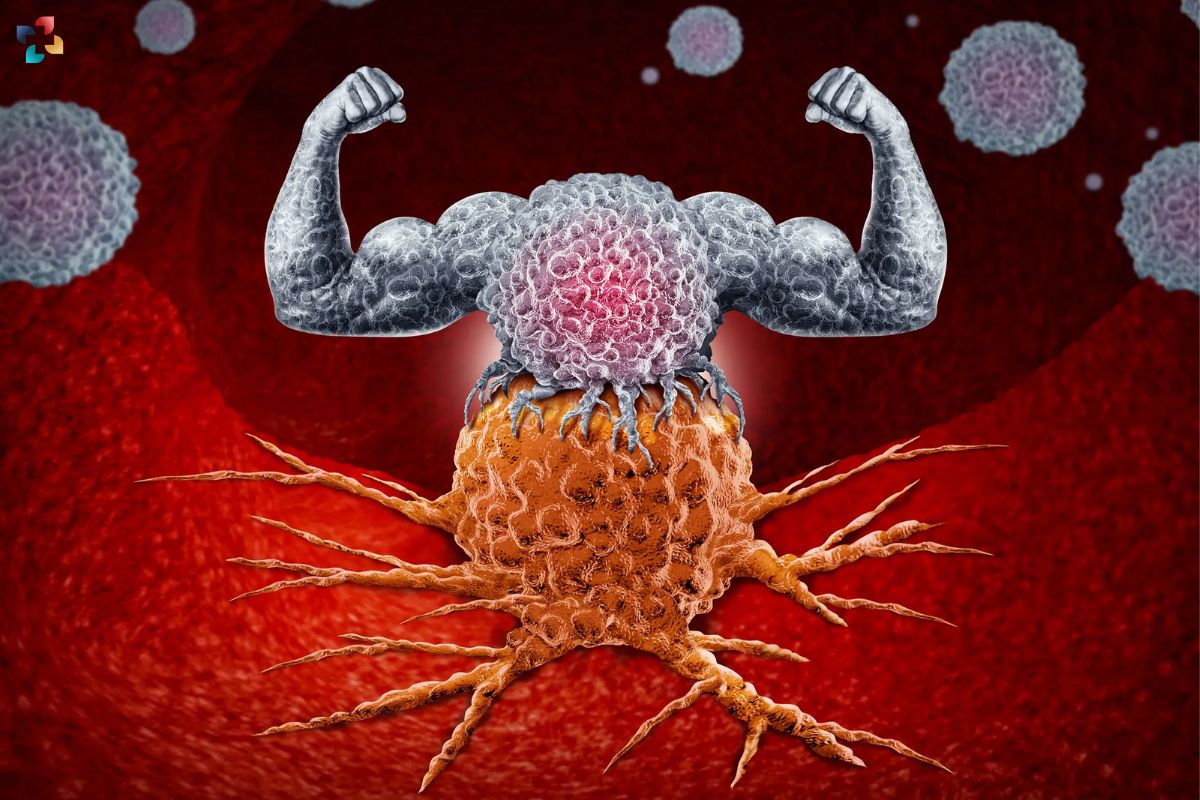Introduction:
In today’s fast-paced world, allergies have become increasingly prevalent, affecting millions of people worldwide. Whether triggered by pollen, dust, pet dander, or certain foods, allergies can cause uncomfortable symptoms such as sneezing, itching, watery eyes, and nasal congestion. While conventional antihistamine medications are widely available, many individuals seek natural alternatives to alleviate allergy symptoms without the risk of side effects. Enter natural antihistamines – plant-based compounds that help combat histamine reactions in the body. In this comprehensive guide, we’ll delve into the world of natural antihistamines, exploring their benefits, sources, and how they can offer relief from allergy symptoms.
Understanding Natural Antihistamines:
Natural antihistamines function by blocking histamine receptors or inhibiting the production of histamine in the body, helping to alleviate symptoms such as sneezing, itching, and nasal congestion. Common natural antihistamines include quercetin, bromelain, stinging nettle, butterbur, and vitamin C, which can be obtained through dietary sources or supplements. By incorporating these natural remedies into their daily routine, individuals can effectively manage allergy symptoms while promoting overall health and well-being. Additionally, they are often preferred by those seeking alternative or complementary therapies due to their minimal side effects and potential for long-term relief.
The Benefits of Natural Antihistamines:

One of the primary advantages of natural antihistamines is their ability to provide relief from allergy symptoms without the side effects commonly associated with traditional medications. Additionally, they often contain other beneficial nutrients, such as vitamins, minerals, and antioxidants, which contribute to overall health and well-being. Moreover, incorporating natural antihistamines into your diet or supplement regimen may offer long-term benefits for allergy management and immune system support.
Furthermore, natural antihistamines offer a holistic approach to managing allergies by targeting the underlying causes of histamine release and inflammation. Unlike conventional medications, which may only mask symptoms temporarily, they work to modulate the immune response and reduce hypersensitivity over time. This can lead to a reduction in the frequency and severity of allergy symptoms, allowing individuals to enjoy a better quality of life without relying solely on pharmaceutical interventions.
Moreover, they are often more sustainable and environmentally friendly than their synthetic counterparts, as they are derived from plant-based sources and do not contribute to pharmaceutical pollution. By choosing natural alternatives, individuals can support eco-friendly practices and minimize their ecological footprint while prioritizing their health and well-being.
Overall, the benefits of natural antihistamines extend beyond allergy relief to encompass overall health, sustainability, and holistic wellness. Incorporating these remedies into your daily routine can empower you to take control of your health naturally and proactively manage allergies for long-term vitality and resilience.
Sources of Natural Antihistamines:
Natural antihistamines can be found in a wide variety of plant-based foods and herbs, making them accessible and easy to incorporate into your daily routine. Some common sources of natural antihistamines include:

1. Quercetin:
Found in foods like apples, onions, citrus fruits, and leafy greens, quercetin is a flavonoid known for its anti-inflammatory and antihistamine properties.
2. Bromelain:
Derived from pineapple stems, bromelain is an enzyme that exhibits anti-inflammatory effects and may help alleviate allergy symptoms.
3. Vitamin C:
Abundant in fruits such as oranges, strawberries, and kiwis, vitamin C acts as a natural antihistamine and antioxidant, supporting immune function and reducing allergy-related inflammation.
4. Stinging Nettle:
Often used in herbal medicine, stinging nettle contains compounds that block histamine receptors, making it effective for relieving allergy symptoms like sneezing and itching.
5. Butterbur:
Derived from the root of the butterbur plant, butterbur extract has been shown to reduce nasal congestion and other allergic reactions.
Incorporating Natural Antihistamines into Your Routine:

Adding natural antihistamines to your diet or supplement regimen is a simple and effective way to manage allergy symptoms and support overall health. Incorporating natural antihistamines into your routine is essential for managing allergy symptoms effectively while supporting overall health and well-being. These plant-based compounds offer a safe and gentle alternative to conventional medications, providing relief from allergies without the risk of adverse side effects.
By consuming a diet rich in fruits, vegetables, and herbs containing natural antihistamines, or by taking supplements under the guidance of a healthcare professional, you can address allergy symptoms at their root cause while nourishing your body with beneficial nutrients. Embracing natural antihistamines empowers you to take control of your allergies naturally and holistically. Consider incorporating the following tips into your daily routine:
- Eat a balanced diet rich in fruits, vegetables, and whole grains to ensure you’re getting a variety of nutrients, including natural antihistamines like quercetin and vitamin C.
- Incorporate herbs and spices such as turmeric, ginger, and garlic into your cooking to benefit from their anti-inflammatory and antihistamine properties.
- Consider taking supplements containing natural antihistamines, such as quercetin capsules or stinging nettle extract, under the guidance of a healthcare professional.
- Stay hydrated by drinking plenty of water throughout the day, as proper hydration can help thin mucus and reduce nasal congestion associated with allergies.
- Practice stress-reducing techniques such as meditation, yoga, or deep breathing exercises, as stress can exacerbate allergy symptoms.
Conclusion:
Natural antihistamines offer a safe, effective, and holistic approach to managing allergy symptoms and promoting overall well-being. By incorporating these plant-based compounds into your diet and lifestyle, you can experience relief from allergies without the side effects commonly associated with conventional medications. Whether you choose to enjoy a nutritious meal rich in fruits and vegetables or supplement your diet with herbal remedies, natural antihistamines offer a gentle yet powerful solution for allergy relief. Embrace the power of nature and take control of your allergies with the help of natural antihistamines.











